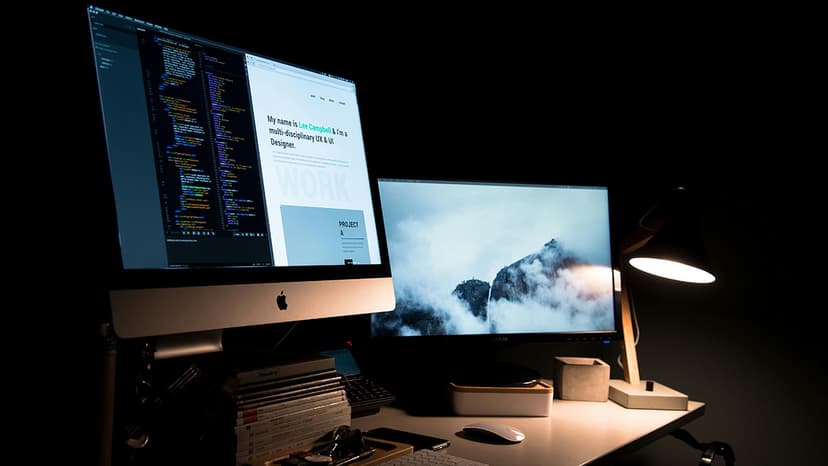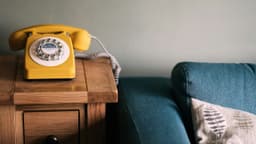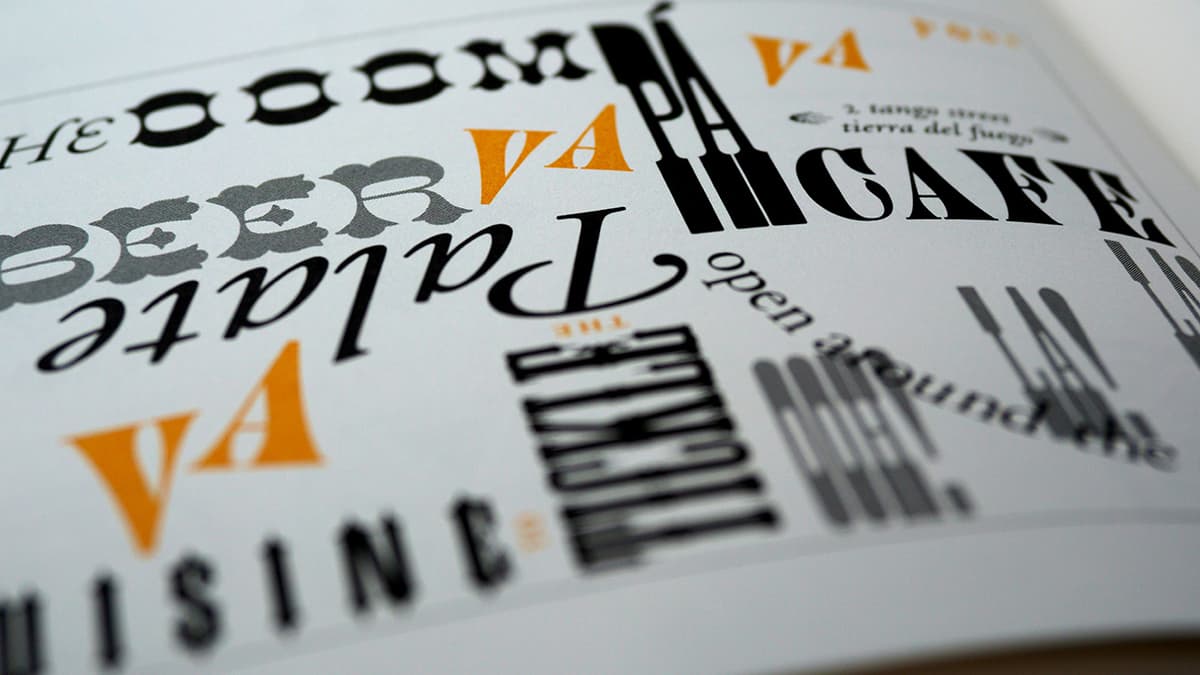Essential Equipment for Starting a Podcast
Starting a podcast can be an exciting journey into the world of audio storytelling. Whether you want to share your expertise, build a community around a topic you're passionate about, or just have some fun, podcasting offers a unique platform to let your voice be heard. Gathering essential equipment is crucial to ensure your podcast sounds professional and engaging.
1. Microphone
What is the most critical piece of equipment for your podcast? A good quality microphone. Excellent audio quality can make or break your podcast. There is a wide range of microphones available. While you don't need a studio-grade mic to get started, avoid using your computer's built-in microphone due to its generally poor sound quality.
2. Headphones
Why are headphones important? A reliable pair is vital for monitoring audio during recording. They let you hear exactly what the microphone picks up, helping to avoid background noise and microphone popping. Closed-back headphones are preferred because they minimize sound leakage that could cause feedback.
3. Audio Interface
What does an audio interface do? It acts as a middleman between your microphone and your computer, converting the analog signal from the microphone into a digital signal. Some microphones have USB outputs and can be plugged directly into your computer. If you're using an XLR microphone, you will need an interface.
4. Recording Software
Which software can you use for recording? You need some form of recording software, often referred to as a digital audio workstation (DAW). Many DAWs are available at various price points. Audacity is a great free option for beginners. Software like Adobe Audition or Pro Tools offers more advanced features for a price.
5. Pop Filter
Is a pop filter necessary? While not strictly essential, a pop filter can greatly enhance your audio quality. It reduces or eliminates plosives, those popping sounds that occur when saying words with hard "P" and "B" sounds. It’s a small expense that can improve your recordings.
6. Mic Stand or Boom Arm
Should you use a mic stand or boom arm? Depending on your recording space, you may choose a desktop mic stand or a boom arm that clamps to your desk. The right choice ensures your microphone is in the best position, stays steady during recording, and doesn't pick up unnecessary vibrations or handling noise.
7. Acoustic Treatment
What can you do about room echo? Room echo and reverb can impact audio clarity. While a professional studio is ideal, you can improve your home setup with basic acoustic treatment. Foam panels, carpets, and heavy curtains can help dampen unwanted sound reflections.
8. Portable Recorder (Optional)
Why consider a portable recorder? If you plan to record interviews in the field or want a versatile recording solution, a quality portable recorder can be an excellent investment. It allows you to record high-quality audio anywhere, even away from your computer, and can serve as a backup recording device.
Securing these essential pieces of equipment will prepare you to start your podcast adventure on the right foot. While having the right gear is important, your content and passion for the subject matter are equally crucial. With the basics in hand, you’ll be one step closer to launching a podcast that resonates with listeners.












